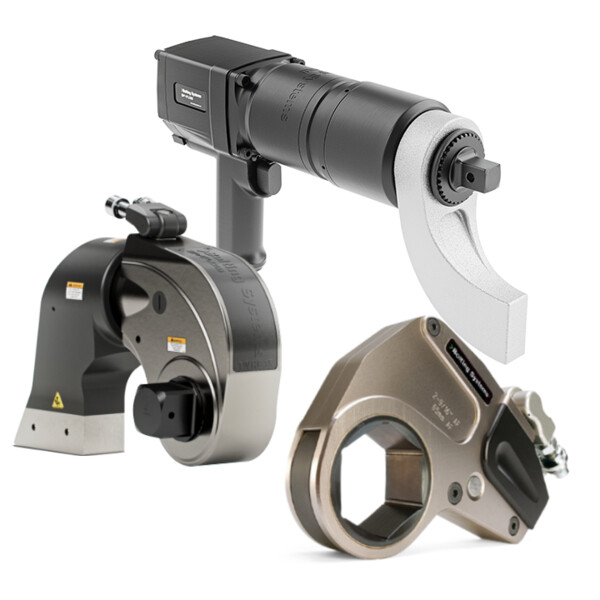Advance Darting Frameworks: Reforming Modern Securing
In the world of industrial manufacturing and construction, the reliability and precision of fastening systems are paramount. Traditional bolting methods, while robust, often come with limitations in terms of efficiency, accuracy, and safety. Enter Advance Bolting Systems, a technology-driven approach that transforms the landscape of industrial bolting with innovative solutions designed to meet the high demands of modern industries.
The Evolution of Bolting Systems
Historically, bolting systems have relied heavily on manual processes. Workers use torque wrenches or impact tools to tighten bolts, which, although effective, often result in inconsistent torque and clamping force. This inconsistency can lead to joint failure, increased maintenance costs, and potential safety hazards.
The advent of Advance Bolting Systems marks a significant Oil fleet tools leap forward. These systems integrate cutting-edge technology, automation, and real-time data analytics to ensure that bolts are fastened with unparalleled precision and consistency.
Key Features of Advance Bolting Systems
- Precision and Accuracy: One of the standout features of Advance Bolting Systems is their ability to deliver precise torque and tensioning. This is achieved through the use of advanced sensors and control systems that monitor and adjust the force applied to each bolt in real-time.
- Automation and Efficiency: Automation is at the heart of these systems. Automated bolting machines can perform tasks much faster than manual methods, significantly reducing the time required for assembly and maintenance. This not only boosts productivity but also minimizes human error.
- Data Integration and Analytics: Modern bolting systems are equipped with data logging capabilities. They record every aspect of the bolting process, from torque levels to the sequence of operations. This data can be analyzed to improve processes, predict maintenance needs, and ensure compliance with industry standards.
- Enhanced Safety: Safety is a critical concern in industrial environments. Advanced systems come with features like automatic shut-off when the desired torque is reached and fail-safes that prevent over-torquing, thereby protecting both equipment and personnel.
- Versatility: Advance Bolting Systems are designed to handle a wide range of applications, from small-scale assemblies to large infrastructure projects. Their versatility makes them suitable for various industries, including automotive, aerospace, oil and gas, and renewable energy.
Applications Across Industries
- Automotive: In the automotive industry, precision is crucial. Advance Bolting Systems ensure that every component is fastened correctly, enhancing the overall quality and safety of vehicles.
- Aerospace: The aerospace sector demands the highest levels of precision and reliability. Advanced systems help maintain these standards by ensuring that every bolt is tightened to exact specifications.
- Oil and Gas: In the harsh environments of oil and gas exploration, robust and reliable bolting is essential. These systems offer the durability and precision required to withstand extreme conditions.
- Renewable Energy: Wind turbines and solar panels rely on secure bolting for stability and performance. Advanced bolting technologies support the rapid and reliable installation of these green energy solutions.
The Future of Bolting Technology
As industries continue to advance, the demand for smarter, more efficient bolting solutions will only grow. Future developments in this field are likely to focus on further integrating artificial intelligence and machine learning to predict maintenance needs and optimize the bolting process even more.
Additionally, advancements in materials science may lead to the development of new bolt materials that offer greater strength and durability, further enhancing the reliability of bolted joints.
Conclusion
Advance Bolting Systems represent a significant evolution in industrial fastening technology. By combining precision, automation, and data analytics, these systems not only improve the efficiency and safety of bolting processes but also pave the way for smarter and more resilient industrial applications. As industries strive for higher standards and better performance, the role of advanced bolting technologies will become increasingly pivotal in shaping the future of manufacturing and construction.
